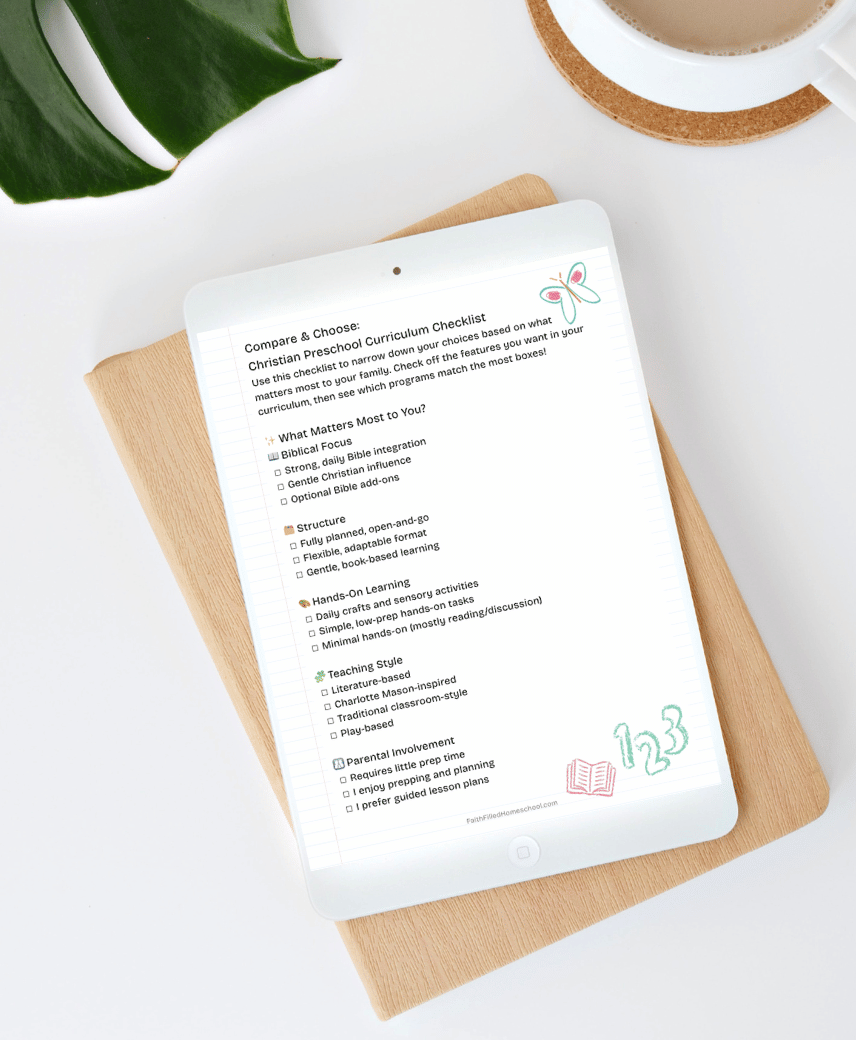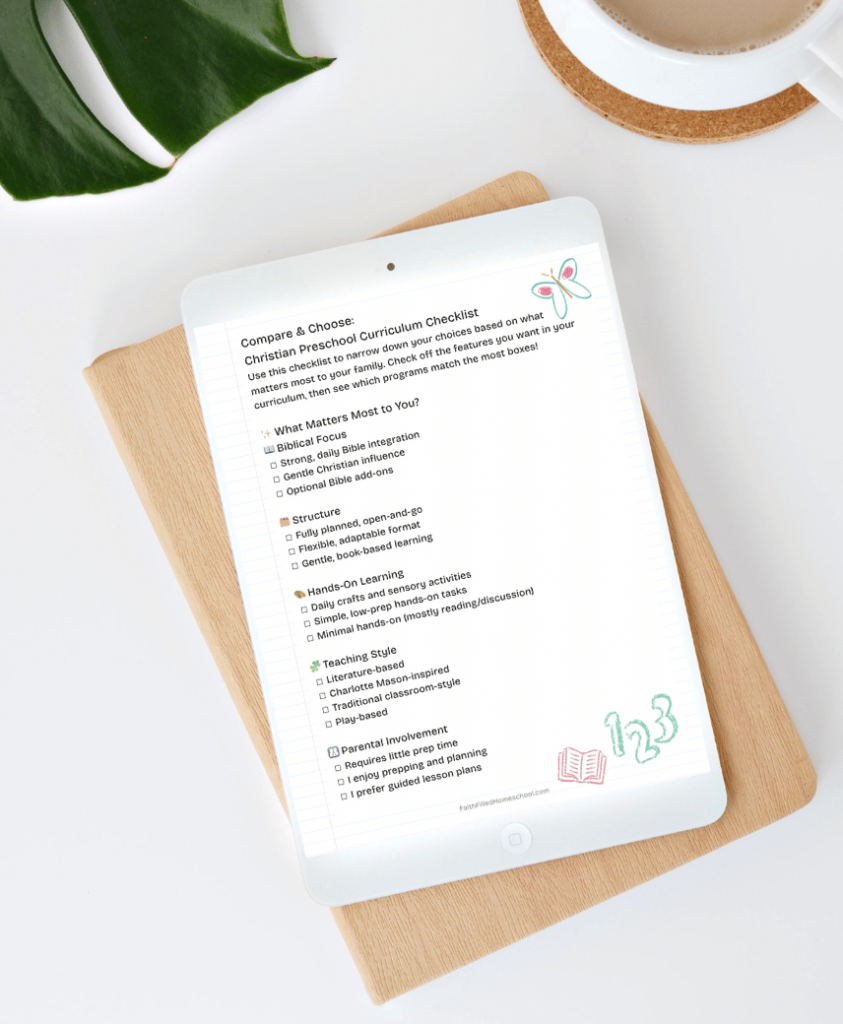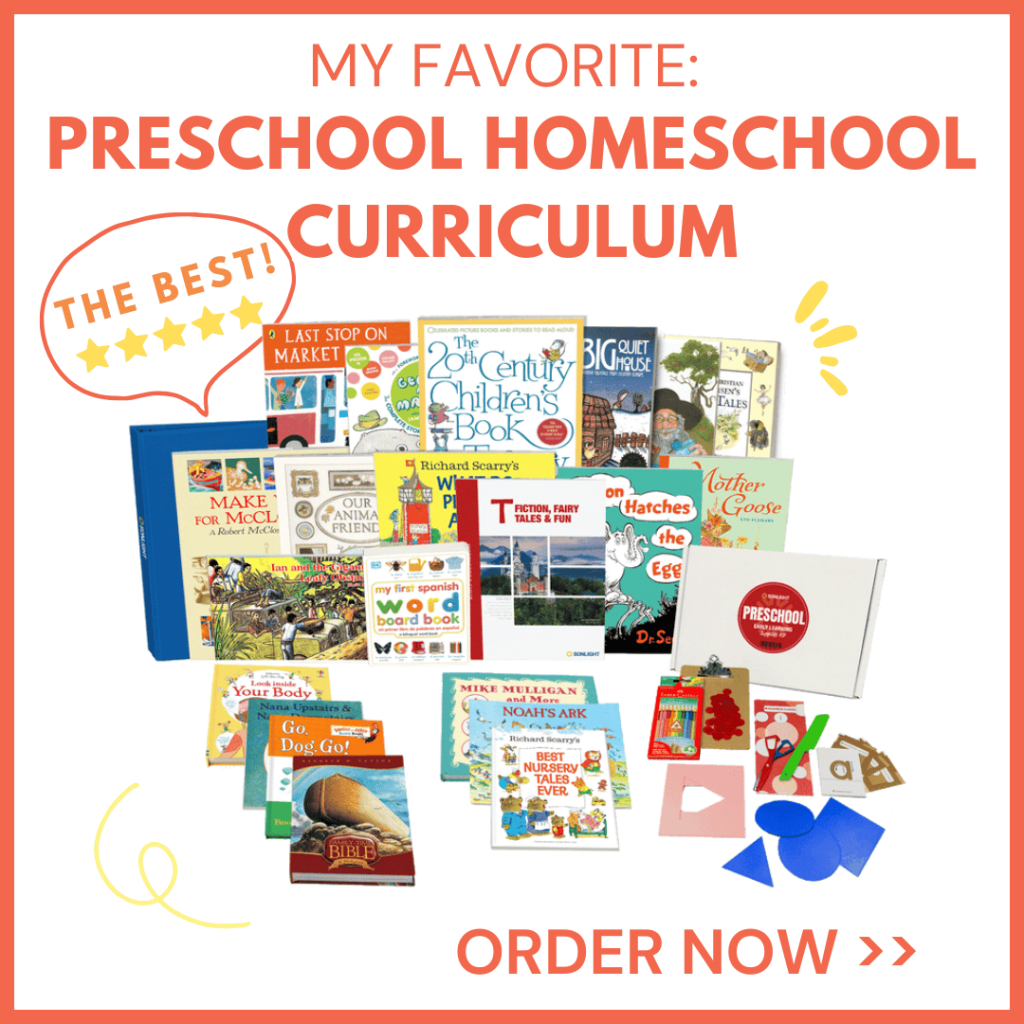How to Homeschool Preschool

How to Homeschool Preschool: A Guide to Christian Preschool Homeschooling: Nurturing Your Child’s Faith in Early Education
–
Starting a Christian homeschool preschool program is a beautiful way to integrate faith into your child’s early education. This approach allows you to create a loving learning environment while establishing a strong spiritual foundation. Here’s a comprehensive guide to help you begin your Christian preschool homeschooling journey.
Understanding the Value of Christian Preschool Homeschooling
Homeschooling your preschooler with a Christian focus offers several unique benefits:
- The opportunity to weave biblical principles into everyday learning
- The ability to tailor education to your child’s individual needs and learning style
- A chance to strengthen family bonds through shared faith experiences
- The freedom to set your own pace and schedule
Getting Started: Planning Your Approach
1. Define Your Goals and Vision
Before diving into curriculum choices, take time to pray and reflect on what you hope to accomplish. Ask yourself:
- What values and biblical principles are most important to instill?
- What academic foundations do you want to establish?
- How do you want to balance structured learning with play-based exploration?
- What daily rhythms would work best for your family?
2. Choose or Create Your Curriculum
Several excellent Christian preschool curricula are available:
- Sonlight: Offers literature-based programs with Christian perspectives (my choice!)
- Abeka: Provides structured, traditional Christian education materials
- My Father’s World: Combines Charlotte Mason methods with classical and unit study approaches
- Heart of Dakota: Integrates faith throughout gentle, age-appropriate lessons
Alternatively, many families create their own curriculum by gathering resources that align with their specific values and teaching style.
Core Components of a Christian Preschool Homeschool
Bible Time
Make Bible stories and principles the foundation of your homeschool day:
- Begin each day with prayer and a child-friendly Bible story
- Use felt boards, puppets, or simple dramatizations to bring stories to life
- Connect biblical concepts to everyday situations your child encounters
Academic Foundations
Balance academic preparation with developmentally appropriate approaches:
- Language & Literacy: Read Bible stories and quality children’s literature daily. Practice letter recognition through hands-on activities like forming letters with playdough or finding letters in Bible verses.
- Math Concepts: Count God’s creations, sort items by attributes, and learn shapes through play-based activities.
- Science: Explore God’s creation through nature walks, simple experiments, and seasonal observations. Emphasize how God’s design is evident in everything around us.
Character Development
Focus on building godly character:
- Teach virtues through Bible stories that illustrate traits like kindness, patience, and honesty
- Role-play scenarios that allow children to practice these character qualities
- Point out examples of good character in daily life and literature
I have a wonderful preschool character and habit curriculum that I recommend. You can read more about it here.
Creative Expression
Incorporate arts and creative activities:
- Make crafts related to Bible stories
- Learn hymns and worship songs
- Use drawing, painting, and other artistic methods to respond to Bible teachings
Practical Tips for Success
Create a Rhythm, Not a Rigid Schedule
Young children thrive on predictable patterns but need flexibility. Consider:
- Starting your day with morning devotions
- Alternating focused learning times with free play
- Incorporating Bible lessons into daily activities like meals and bedtime
Use Teachable Moments
Some of the most meaningful learning happens outside planned lessons:
- When your child notices a beautiful sunset, discuss God as Creator
- When conflicts arise, use them as opportunities to talk about forgiveness
- When questions emerge, explore them together with a biblical perspective
Connect with Others
Find community support through:
- Church groups or programs
- Christian homeschool co-ops
- Online forums for Christian homeschooling families
Balance and Self-Care
Remember that homeschooling shouldn’t consume every moment:
- Schedule regular breaks for both you and your child
- Maintain your own spiritual disciplines to stay refreshed
- Keep expectations realistic for preschool-aged children
How to Homeschool Preschool:
Measuring Progress
Rather than focusing solely on academic benchmarks, consider broader measures of growth:
- Is your child developing a natural curiosity about God and His Word?
- Are you seeing growth in character and behavior?
- Is your child developing a love of learning?
- Are foundational skills emerging at an appropriate pace?
Christian preschool homeschooling offers a precious opportunity to nurture both faith and learning in your young child. By approaching these formative years with intentionality, flexibility, and joy, you can create an education that honors God while meeting your child’s unique needs. Remember that the relationship you’re building with your child during these early years is just as important as any academic knowledge you impart.
Not Sure Which Preschool Curriculum Is Right for You?
Grab your free copy of Christian Preschool Curriculum Checklist




